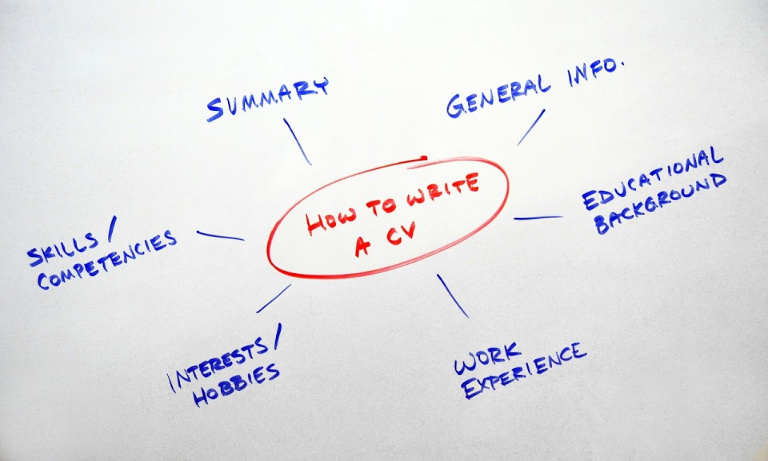 Although used in similar contexts they can refer to quite different things
Although used in similar contexts they can refer to quite different thingsA big difference between a resume and CV is length. A resume is typically a one-page document that briefly summarizes your qualifications, including your education, relevant skills, and past jobs, responsibilities and achievements. The purpose of a resume is just to highlight career points that will grab an employers attention. So as not to make it too lengthy, perhaps just highlight past roles that were similar to the one you are applying for or that have transferable skills. The same applies for past responsibilities. A resume is meant to be customized to match each new job you apply for, and any information that isn’t relevant should be left out.
A CV, on the other hand, goes more in-depth. Taking up two or more pages, a CV covers your entire career and features detailed summaries of your accomplishments rather than short blurbs. If you’re applying for an academic position or grant, you would use your CV to list all of your research projects, teaching experience, publications, honors, and degrees. Unlike a resume, candidates submit the same CV with each new application rather than updating it to fit different jobs.
CVs are also sometimes used to apply for fellowships, tenure review, and sabbatical leave in academia.
Although this can apply mainly to our US friends, the term CV in the UK is most often used as a catch-all for both of the documents described above, sometimes a Cover Letter is required upon application too. If you don’t want to take the risk submitting the incorrect document, it doesn’t hurt to reach out to the HR department to confirm their preference.





